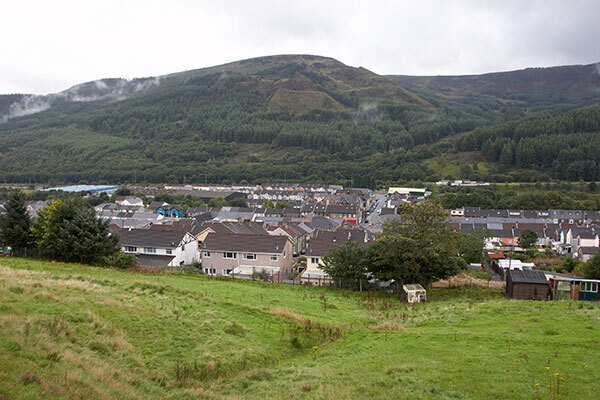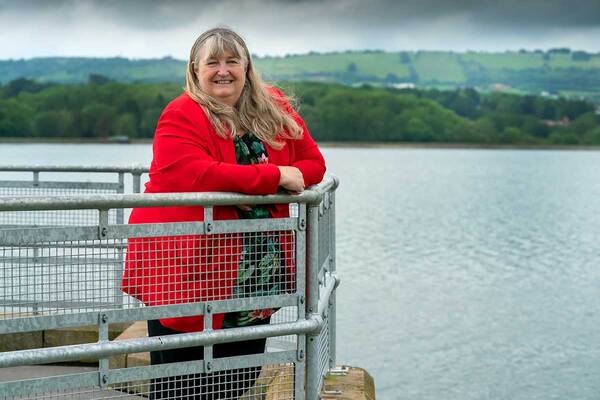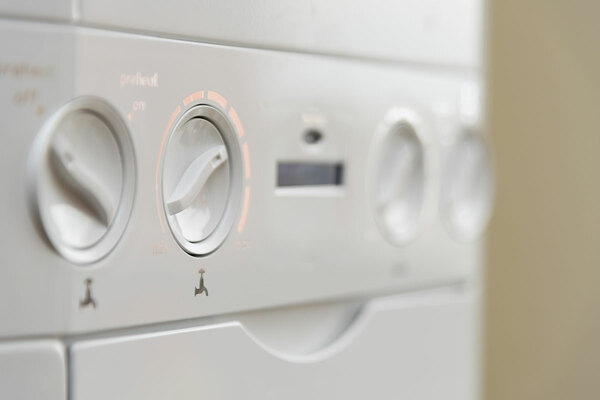Key takeaways from the Welsh government’s Net Zero Wales plan
The Welsh government has published a new net-zero plan as ministers call for a “decade of action” to tackle the climate crisis. Lucie Heath outlines the key takeaways for the social housing sector.
The newly published Net Zero Wales plan focuses on the Welsh government’s second carbon budget, which lays out its climate targets until 2025.
Containing over 120 policies and proposals, the strategy also looks forward to the government’s ultimate net-zero target of 2050 and provides a good idea of how social housing will fit into the equation.
The key takeaways for the social housing sector in Wales are:
A very ambitious retrofit target
The plan confirms that a new standard will be set for social housing that “will focus on fabric-first principles and seek to bring all social housing as close as feasible to EPC A or equivalent within a decade”.
Social landlords in Wales have been planning for a target around energy performance certificate band A since 2019, when the government accepted a recommendation in the Better Homes, Better Wales, Better World review that suggested such a target should be set.
The new net-zero strategy confirms that the new standard, named Welsh Housing Quality Standard (WHQS) 2022, will “require the achievement of both affordable warmth and decarbonisation of homes, with a target date of 2033”, the document said.
The energy performance certificate (EPC) is a rating system that gives a home a score between A and G based on how much energy is needed to heat it.
A target of EPC A, which is the highest standard a home can achieve, is much more ambitious than the targets currently being set for social housing elsewhere in the UK.
The UK government has a target that all homes must meet a minimum standard of EPC C by 2035 and the Scottish government has set a target that social homes must meet EPC B by 2032.
The Welsh government said it is “accepted that not all existing homes may be able to reach EPC A”, but said each home “should reach the highest possible rating through bespoke targeted interventions”.
A ‘passport’ approach
The net-zero strategy reiterates the Welsh government’s commitment to its Optimised Retrofit Programme (ORP), which is the main funding stream for decarbonising social housing in Wales.
Backed by £70m over the next two years, the programme is currently funding the creation of bespoke ‘home passports’ for almost 2,000 social housing units, which set out the work needed to make each property energy efficient.
Each home is being fitted with an intelligent energy system, which “produces baseline measurements to allow the impact of energy efficiency works to be assessed over time”.
“This will allow us to test different approaches and will report actual rather than estimated sector reductions in emissions.
“This reporting gives us a strong evidence base on which to make future investment decisions and to share with partners across the private rented and owner-occupied sectors,” the report said.
New-build standards
Also contained in the Net Zero Wales strategy is a reiteration of the Welsh government’s strict standards for new-build social housing.
As of this month, all new social homes going through the approval process in Wales will have to meet design-quality requirements that prevent them from using fossil fuel-fired boilers, such as natural-gas boilers, for heating and hot water.
All new-build homes must also achieve an EPC standard of A through adopting a fabric-first approach, meaning the insulation is of a standard that means less energy is required to heat the homes in the first place.
The Welsh government said it will “closely monitor the impact” of the standard will the aim of rolling it out for all new-build housing by 2025.
However, this new standard does not mean the government is making any changes to its development ambitions over the next five years. The strategy reiterated the government’s commitment to “build 20,000 low-carbon social homes during this government term”.
Funding questions remain
The net-zero strategy has been well received by the Welsh housing sector, which has welcomed the government’s ambitions around housing. However, inevitably, concerns around funding remain.
“This is a plan that recognises the huge influence housing has on the climate and how we live our lives in an environmentally friendly way,” says Matt Kennedy, policy and public affairs manager at the Chartered Institute of Housing Cymru.
“We strongly urge for an approach that sees the long-term funding provided to deliver this in practice – recognising the huge impact that not only this will have on addressing the climate crisis, but also in buoying and healing local economies as we emerge from the pandemic.”
Clarissa Corbisiero, deputy chief executive of Community Housing Cymru, said the strategy confirms that housing will play a leading role in Wales’ transition to net zero, but said “any plan must have in place the right funding to make it deliverable”.
“We look forward to this Welsh government’s first budget as an opportunity to ensure that funding matches the ambition,” she added.
Sign up for our Wales newsletter
New to Inside Housing? Click here to register and receive our Wales round-up straight to your inbox
Already have an account? Click here to manage your newsletters











